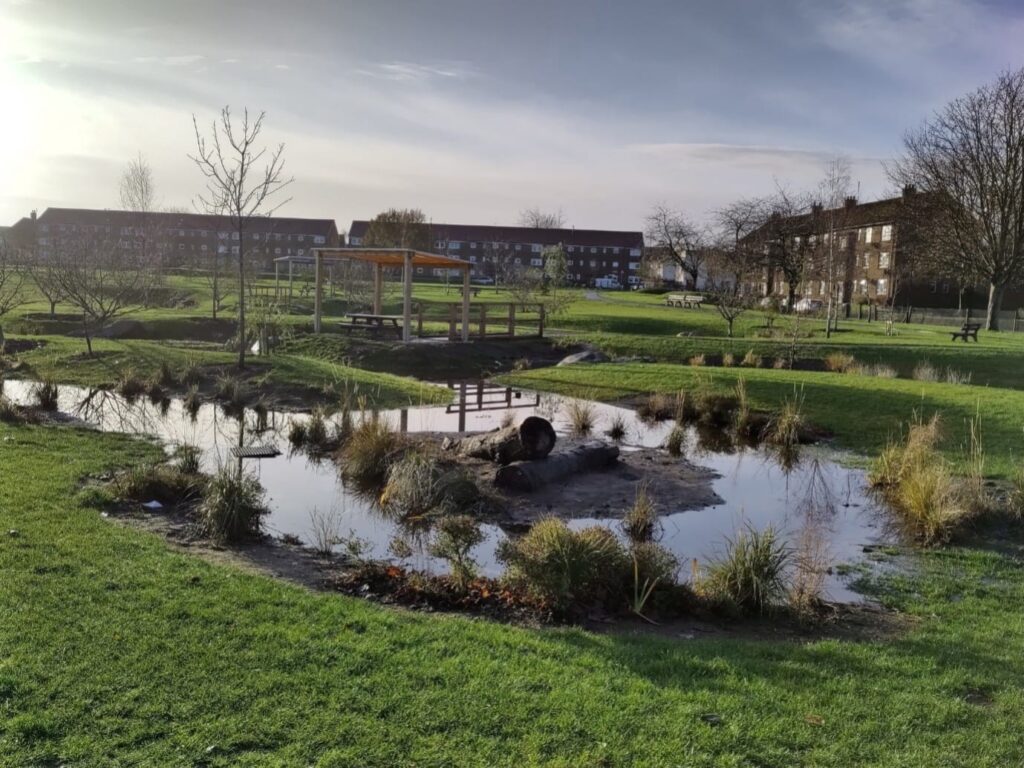OUR EXPERT
ADVISORY PANEL
With the scope and scale of the challenge ahead, it is vital that we face outward as an organisation and constantly look for new ways of cutting our emissions.
To help us to look beyond the water industry, we have established an Expert Advisory Panel made up of individuals from very different organisational backgrounds. The panel have challenged us on this routemap’s contents and ambition.
The panel will meet annually to review our progress against the routemap and what adjustments we may need to make to deliver net zero emissions.
As we have developed our net zero routemap we have recognised the scale of our investment emissions and have developed a second panel of construction sector experts to support us on reducing emissions in this key area.
THE FOLLOWING HAVE AGREED TO PARTICIPATE ON THE PANEL:
Chris Stark
Committee for Climate Change
Ross Martin
Advisor, Regional Economies
Professor Ana Soares
Cranfield University
Professor David Reay
Edinburgh University
Professor James Yu
Scottish Power
Angus McIntosh
Scotia Gas Networks
Professor Colin Campbell
James Hutton Institute
Kathryn Dapré
NHS Scotland
SCALE OF OUR CURRENT EMISSIONS
AND PROJECTION OF 2040 EMISSIONS

INTRODUCTION

TRANSFORMATION



ELECTRICITY

PROCESS
EMISSIONS

GAS &
FUEL OIL

TRANSPORT
& TRAVEL

INVESTMENT

STORING
CARBON
Scottish Water has established a framework for the supply of sustainably sourced hydrotreated vegetable oil that can be used by both Scottish Water and its construction partners. It’s a drop in fuel replacement that reduces emissions by 90% compared to conventional diesel.
Over the last year it has been widely adopted by our construction partners, displacing diesel use in excavators, cranes and other heavy plant. It is also being used to fuel generators to provide power for remote construction sites.
On our water mains rehabilitation programme its adoption is expected to reduce emissions by nearly 30%.
Scottish Water has been a partner in a project, led by the local community and supported by the National Lottery’s Community Fund, to regenerate the site once occupied by Douglas Primary School as a multi-functional greenspace.
Our team worked with the community to incorporate sustainable drainage features in the new park, which store and slowly release the rainwater that falls on surrounding roads and rooftops during storms. This eases pressure on the combined sewer network in the local area, as well as helping to protect the local environment and reduce flood risk from the Dighty Burn. Importantly, the community has been able to realise its wider aims by creating an attractive outdoor space that also provides a home for wildlife; and can be enjoyed for play, relaxation, exercise, events and the growing of food.

Planning is now underway to introduce more sustainable water management measures in the area surrounding the park, with the aim of disconnecting over 40,000m2 of land area from the combined sewer network; and helping to enable the development of more social housing in Douglas. Engagement with the community, including schools and other key stakeholders, is being carried out to help shape the proposals.
Work with the community and Dundee City Council on sustainable drainage for Douglas has helped to inspire the Water Resilient Dundee partnership. This initiative is now pursuing opportunities for more sustainable management of stormwater across the city, reducing flood risk in communities, creating capacity for development and enhancing amenity.